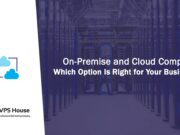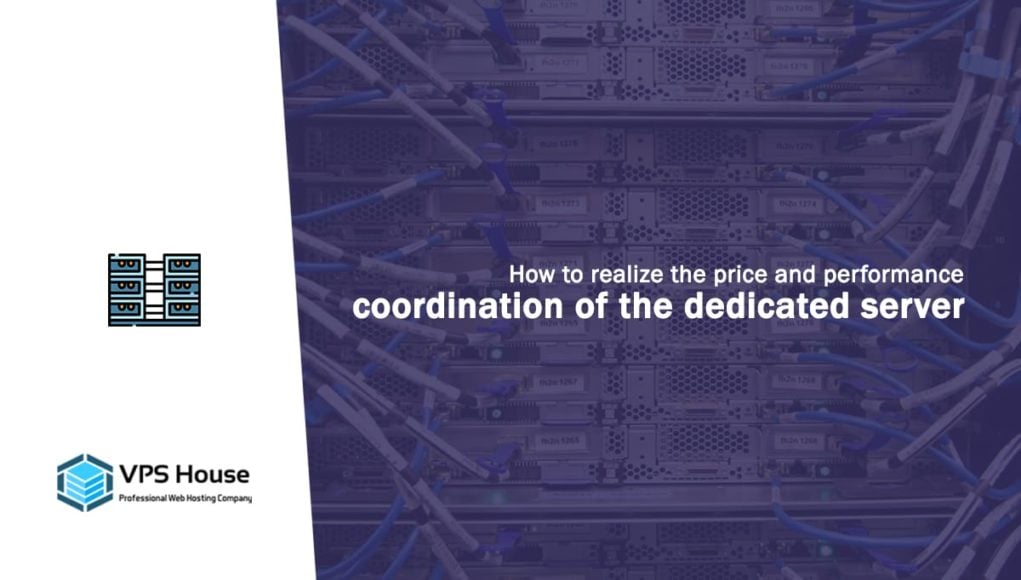With so many available options, choosing dedicated servers for businesses can pose a variety of challenges. Organisations often move to their own enterprise-grade servers when shared hosting accounts no longer meet their needs, whether due to growth or projects that require additional resources.
If you are considering a move to a dedicated server, what should you look for, and how can you choose the right one for your needs?
Important Characteristics of Dedicated Servers
To determine the characteristics you need in a dedicated server, it’s important to understand the overall function of servers and how they can enhance your business operations. Servers are simply computers that maintain a constant internet connection and serve multiple users, unlike individual desktop computers that serve one user at a time. Servers act as home base for a wide range of applications, including websites, email, data backups, virtual desktop computers, and proprietary business software.
Enterprise-grade servers go even further, providing a high degree of reliability, along with the flexibility to deliver many applications concurrently.
Because servers provide specialized functionality, they use different software than traditional desktop and laptop machines. Most business users choose either Microsoft Windows Server or Linux installations as their server operating system software.
Linux, created specifically for multi-user machines, is available in several different distributions, including Ubuntu and Debian. Linux is open-source and typically is free to use, but it comes with a challenging learning curve for many business users.
Microsoft Windows Server, meanwhile, also is designed for servers but is proprietary and usually is not free. It includes several specific server software tools created by Microsoft, and business users who need Microsoft software — including MS SQL and Sharepoint — must use Windows Server.
Understanding Server Components
If you need a server for your business, you’ll choose between a cloud or dedicated format. Cloud servers appear to end users as dedicated machines, but they actually are virtual machines running on a portion of a server. A dedicated server, on the other hand, is a physical machine that supports only one business or organisation. A distinguishing characteristic of dedicated models is their special server hardware that typically outpaces hardware found in traditional desktop and laptop computers.
What are some of the key components that make enterprise-grade servers the most reliable and powerful option available to businesses?
- RAM. Short for random access memory, RAM is found in computers including servers, desktop and laptop computers, tablets, smartphones, and peripherals such as printers. The type and amount of RAM in your single-organisation server play a key role in performance, because memory allows the machine to access information without writing to or reading from hard drives. Just about every server application requires significant RAM, and your server should have no less than 8GB.
- Processor. The processor serves as the thinking portion of the server — in fact, enterprise-grade servers typically include multiple processors to increase reliability, efficiency and speed of accessing applications and data. For your dedicated server, faster processors will show noticeable performance improvement for a variety of applications. Speed alone isn’t always the sole determining factor in performance, however; cores also can play a role. Depending on the applications you’re using, more cores may deliver better performance, especially during peak traffic periods.
- Hard disk. The hard disk — also known as the hard drive — on your server plays a vital role in reliability and performance, because it limits the data and programs you will have the ability to house. Video, images, HTML files, databases, applications and more all require hard disk space, and performance will suffer if you allow the drive to become overly full. Also consider whether a dedicated server uses RAID — Redundant Array of Inexpensive Disks — technology, which plays a vital role in server uptime. RAID enables high availability for dedicated servers through the ability to change out malfunctioning discs without shutting down the entire system.
How to Determine the Right Package for Your Business
How is your website or application handling your high-traffic periods? If you’re hosting a website, your traffic may peak after running an ad campaign, sending out an e-newsletter, or posting a video that goes viral. Many popular sites have crashed during times of peak load, leaving users frustrated. If your site cannot handle times of peak demand, it’s time to choose a more-robust dedicated server.
If you are considering a move to a dedicated server, determining your specific technical needs will require some analysis. Businesses upgrading from shared hosting have existing logs that can be reviewed to estimate future traffic and resource needs.
New users of dedicated servers must determine the type of server software to be run, along with the types of applications you’ll run and likely traffic levels. A basic website, for instance, can get by with a less-powerful server — with lower RAM, hard disk and processor speed — than can a site that’s streaming video or running virtual reality tours.
Ready to transition your business to a dedicated server? Setting up an enterprise-grade server will require more research and legwork in the beginning, but your business will reap dividends in reliability, performance and pure power. If dealing with all the technical specs seems too overwhelming, please contact our tech guys to find the right fit for your business.



























